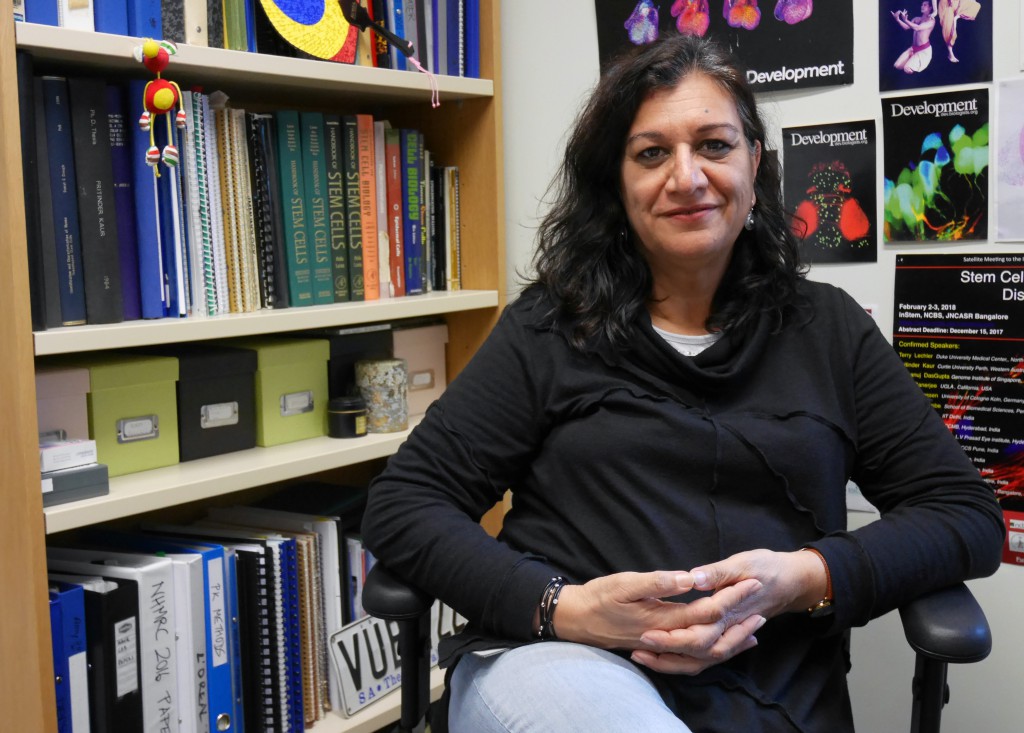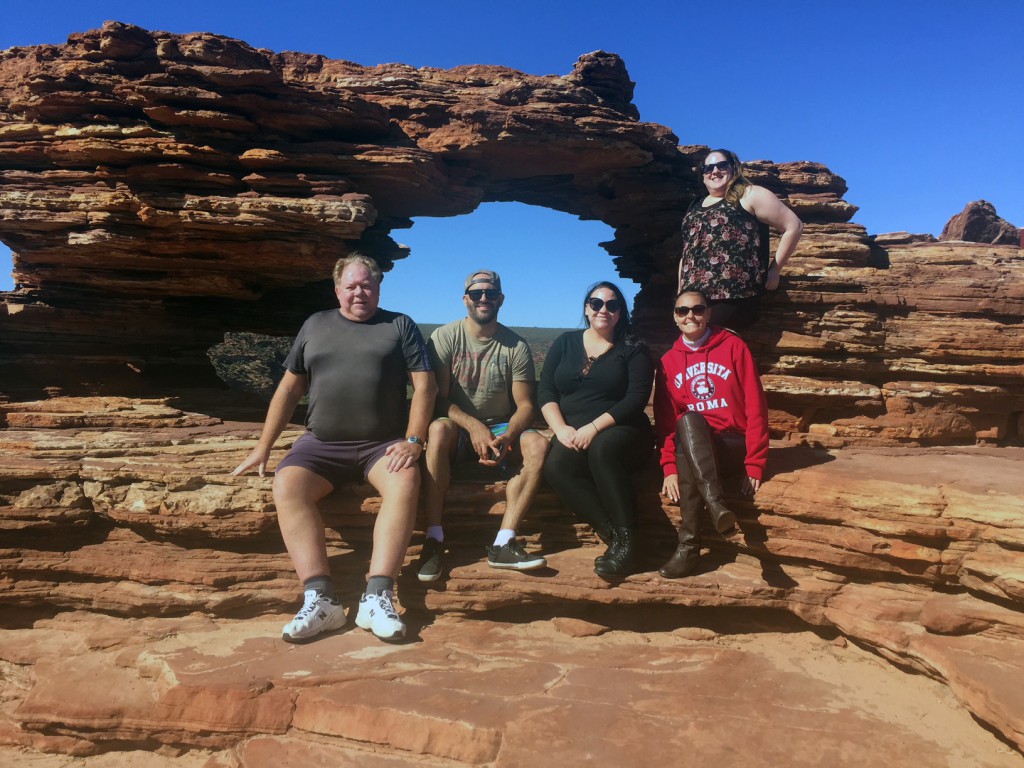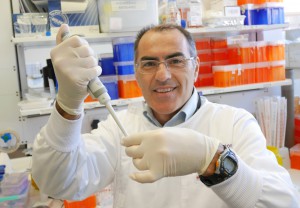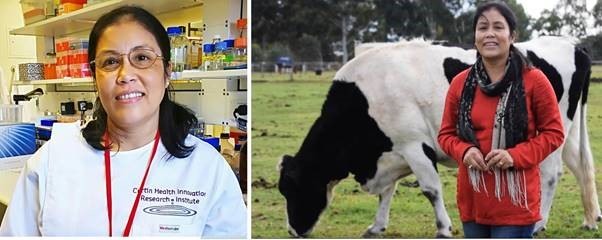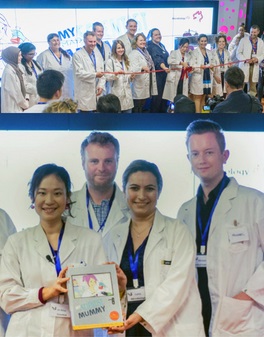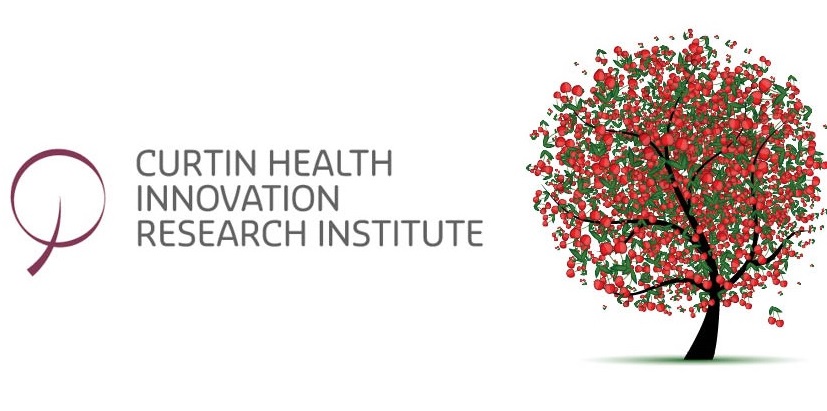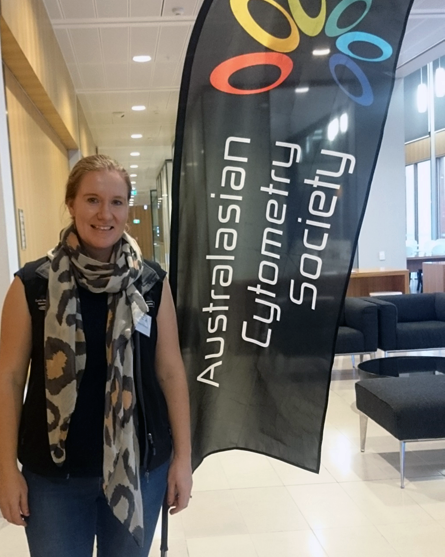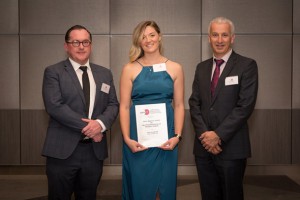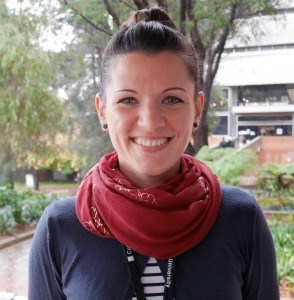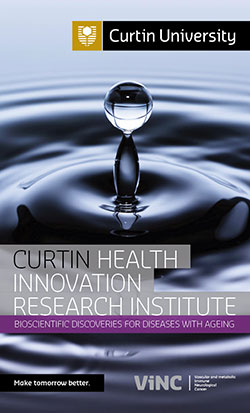More exciting research findings out of the Curtin Health Innovation Research Institute (CHIRI), this time from lead author and head of CHIRI’s Epithelial Stem Cell Biology Group, Associate Professor Pritinder Kaur. Her team’s latest research paper, published in the journal Life Science Alliance, is a step towards developing new approaches to treating patients with severe skin defects, including burns and blistering diseases.
Since skin replacement and repair from injuries such as burns and diabetic ulcers is severely compromised in ageing skin, these findings have relevance for CHIRI’s research focus on adult diseases and for devising new ways to improve skin repair in elderly patients. Read more…
